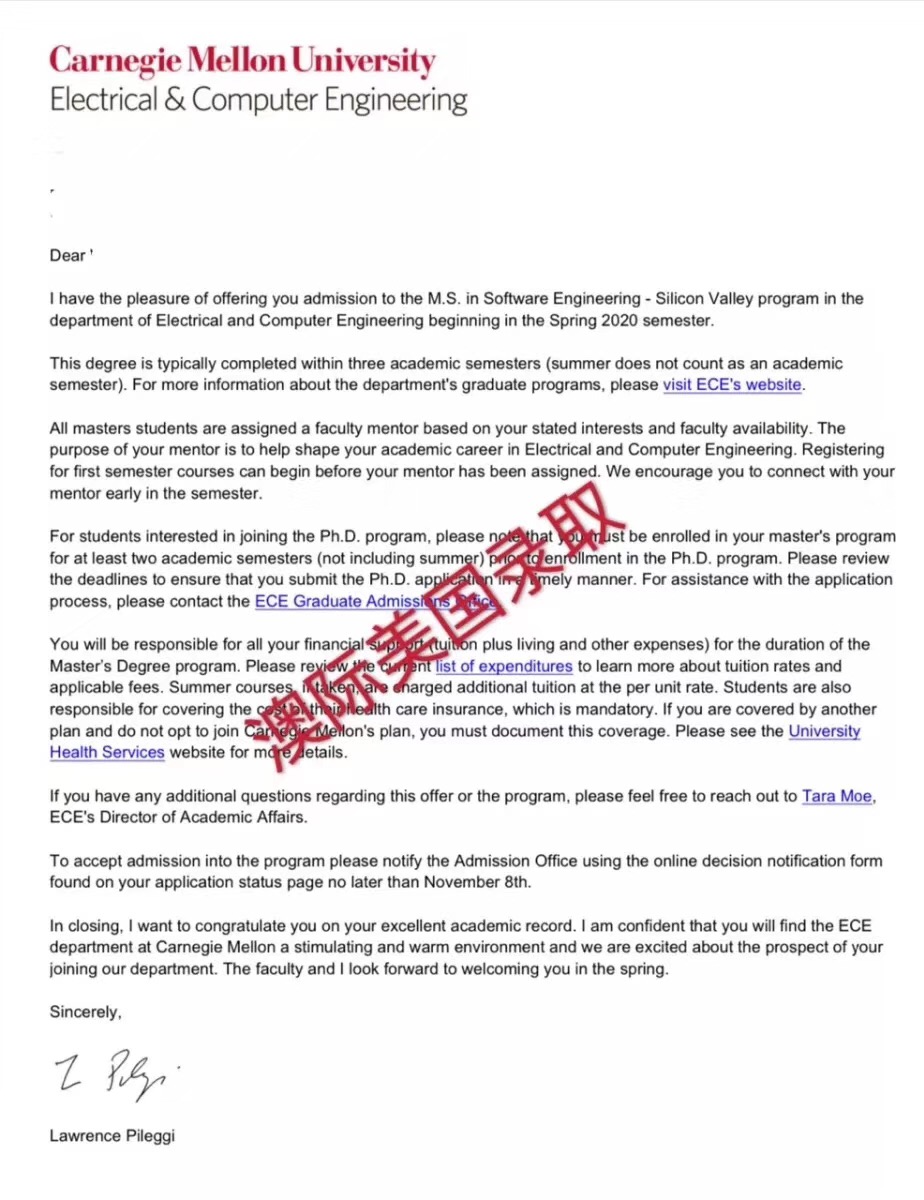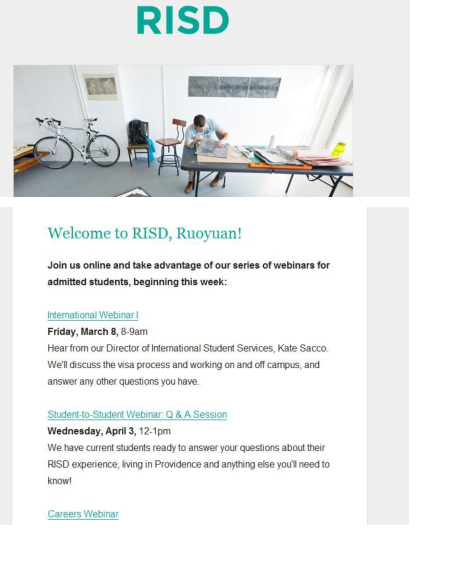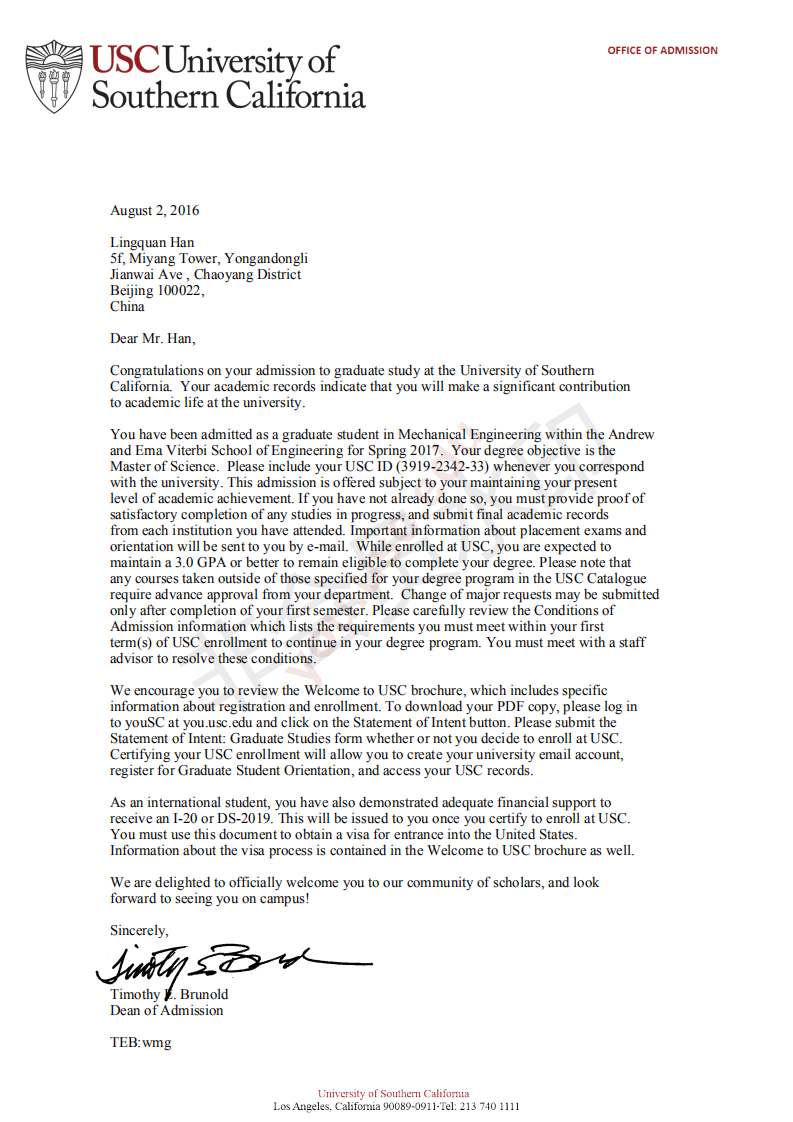美国商科面试准备的心得体会(全英文).
2017-07-20 91阅读
新的申请季到,美国商科申请的人数在逐年增多,不论是传统的MBA,还是更加专业的金融硕士,会计硕士,面试都渐渐成为美国院校筛选申请者重要的参考因素。那么如何面试?如何做到加分?澳际留学小编给大家整理了一篇在美国流传很广的面试准备心得给大家参考一下。有问题?找免费的顾问为你解答吧。>>>>澳际免费咨询顾问
MBA Interviews
If you get this far - you are shortlisted. (Cornell U 50 % Berkeley 20 % ) Its is the critical stage. Think about it bore. Get prepared.
Its importance varies dramatically from school to school. You may know that some schools are very aggressive about interviewing candidates. Kellogg, for instance, is terrific about it. The school has long set the standard for interviewing. And not only does UNC - Chapel Hill (Kenan-Flagler) require an interview of U.S. applicants, but it requires that the interview be conducted on campus.
Stanford, on the other hand, would just as soon give you the finger as interview you. So interviewing can be meaningless at some school or it can be significant.
Who Should and Who Shouldn&apost Interview?
If you think you&aposre a bad interviewer, stay home. Let your application do the talking for you. But if you feel comfortable meeting new people, then go for it.
Should I Interview with an Admissions Officer or an Alumnus?
It&aposs best to interview with someone on the admissions committee, but that isn&apost always possible. Just try to get along with your interviewer.
A Few Pointers on the Interview:
1. Whenever possible, interview with someone of the opposite sex. (Don&apost make me explain why.)
2. Dress smartly. Dress formally unless your interview is with an alumnus and the situation calls for casual clothes.
3. Relax! You want your interviewer to like you, so treat him or her like a friend. Don&apost come off as stiff and overly formal. The interviewer wants to see what you are like - they do not want an act. They will be trying to decide whether you would &aposfit&apos the program, what you would contribute.
4. Prepare your answers ahead of time. Think about some of the questions you might be asked - and consider how you would answer them - but dont try to prepare answers - they will not seem natural , and you may forget the words.
5. Aim to get there a bit earlier - you might then be able to look around - if it is at the School.
6. Show that you have done your &aposhomework&apos e.g you have gathered information on the School and the program. You need to know quite a lot about the School and the program - you might get asked questions- just to see how seriously you have gone about you application. Have a file of cuttings, prospectus etc - but dont spread it out on the table!
7. When at the end you are asked if you have any questions - dont pull out a long list! Have one or two (at most) good questions - e.g. information which is not in the prospectus.
8. Dont behave/question/discus as if you expected to be accepted. Dont talk about &aposwe&apos when you rer to the program.
9. Know about the cost/fees/funding issues. The Interview is not the time to get into details. The interviwer is not there to help you solve your financial problems. Make it clear that you understand all the cost issues - fees, residence, materials etc.
10. Remember the key questions- &aposWhy do you want to do this MBA?. &aposWhy do you want to do it now?&apos
Typical Interview Questions
Virtually all of the interviewers cover the same topics. The basic interview process goes as follows.
Phase 1 - Your Upbringing and Undergraduate Experience.
Be sure to prepare a bri outline of your upbringing bore going to your interview. (Don&apost bring it with you.) It&aposs easy to get lost and ramble into a long pointless diatribe when talking about your upbringing, so make your replies short and to the point.
They will generally ask a number of questions about your undergraduate experience.
What was your major?
Did you like it?
Do you think your grades are an accurate rlection of your ability?
Did you work as an undergrad? (This is important because it may help to explain why your GPA isn&apost 4.0)
Phase 2 - Work Experience Since Leaving College
You need to know your whole work history bore walking into the interview. Look up the approximate dates of promotions or job transfers. The questions go something like the following:
• What was your first job out of undergrad?
• Have you been promoted?
• Have you ever supervised employees?
• Have you switched firms? If so, why?
Phase 3 - Career Goals & MBA Plans
This is the part of your story that has to hold together. If they ask about career goals and you tell them something that is completely inconsistent with your experience, you&aposre going to be in trouble.
• Be sure to mention a career goal that actually requires (or benits from) an MBA.
• Be able to answer the question, "Why do you need an MBA?"
• Be able to answer the question, "Why do you need an MBA from this school?"
Phase 4 - Your Turn to Ask Questions
Be sure to study the school bore interviewing so you can ask informed questions about it. Knowing specific details about the program should convince the interviewer that you are serious about attending his school.
通过上面对美国商科面试准备的心得体会的分享,相信对于很多计划申请美国研究生的学生可以参考上面的信息来提前做好申请美国研究生的准备和规划。
经典内容回顾:
1.参加哈佛大学面试讲座的收获
2.美国MBA面试有什么技巧
3.美国大学硕士面试的准备
留学咨询
更多出国留学最新动态,敬请关注澳际教育手机端网站,并可拨打咨询热线:400-601-0022
留学热搜
相关推荐
- 专家推荐
- 成功案例
- 博文推荐

Copyright 2000 - 2020 北京澳际教育咨询有限公司
www.aoji.cn All Rights Reserved | 京ICP证050284号
总部地址:北京市东城区 灯市口大街33号 国中商业大厦2-3层









高国强 向我咨询
行业年龄 13年
成功案例 3471人
留学关乎到一个家庭的期望以及一个学生的未来,作为一名留学规划导师,我一直坚信最基本且最重要的品质是认真负责的态度。基于对学生和家长认真负责的原则,结合丰富的申请经验,更有效地帮助学生清晰未来发展方向,顺利进入理想院校。
陈瑶A 向我咨询
行业年龄 17年
成功案例 5146人
拥有大量高端成功案例。为美国哈佛大学、宾夕法尼亚大学等世界一流名校输送大批优秀人才。
齐亚楠 向我咨询
行业年龄 15年
成功案例 4070人
商科案例有哥伦比亚大学等,工科案例有麻省理工大学等,艺术案例有罗德岛大学等。
李君君 向我咨询
行业年龄 15年
成功案例 4157人
成功案例涉及美国排名前60的院校,专业涵盖商科(金融,会计,管理),工科(生物工程,化学工程,计算机科学,电气工程)等热门领域。